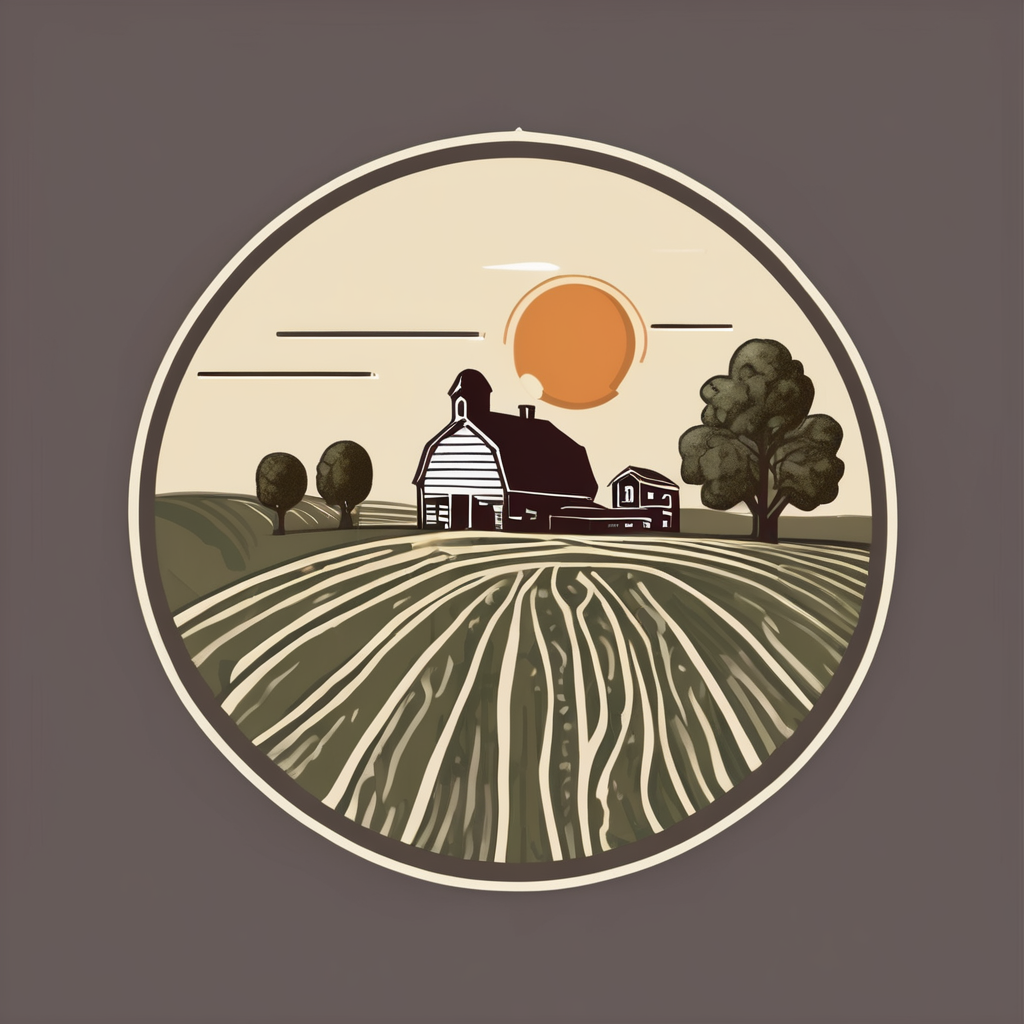Key UK Women’s Fashion Trends Driving Sustainable Change
The UK women’s fashion trends today reveal a significant shift towards sustainability in fashion. Consumers are increasingly embracing conscious consumerism, seeking transparency about how their clothes are made. This shift is prompting brands to disclose sourcing and production methods openly.
Vintage and upcycling have surged in popularity, aligning with the slow fashion movement that values longevity and quality over fast, disposable styles. Many UK women now prefer investing in timeless pieces or revamping existing garments instead of buying new ones. This trend supports the reduction of waste and promotes a circular mindset in the fashion cycle.
This might interest you : What are the best layering techniques for UK women this winter?
Social media plays a pivotal role in promoting sustainable choices. Influencers advocate for eco-conscious brands and encourage followers to rethink their wardrobes. Their authentic storytelling helps normalize sustainability in everyday fashion decisions.
Together, these trends highlight the future of sustainable style in the UK, where ethical values blend seamlessly with individual expression. Rising demand for such fashion fosters innovation and sets a powerful example for global markets. Understanding these evolving preferences enables consumers and designers alike to champion more responsible fashion habits.
Also to discover : What are the best layering techniques for UK women this winter?
Key UK Women’s Fashion Trends Driving Sustainable Change
Sustainability in fashion is no longer optional but central to UK women’s fashion trends. A significant driver is the rise of conscious consumerism, with shoppers demanding full transparency about materials and production methods. They want to know not just what they wear but how it affects the planet, pushing brands to adopt ethical practices.
The growth of the slow fashion movement underscores this shift, emphasizing durability, quality over quantity, and more thoughtful purchasing. Vintage clothing and upcycling have surged in popularity, offering unique styles while reducing waste. These trends reinforce sustainability by extending garment life and minimizing environmental impact.
Social media and fashion influencers amplify these messages, advocating eco-conscious choices and spotlighting sustainable UK fashion trends. Their impact is powerful, turning niche sustainable practices into mainstream fashion statements. As the digital world connects consumers, the movement towards sustainability in fashion gains momentum, shaping the future of sustainable style in the UK.
Together, these trends reflect a market increasingly aligned with eco-friendly values, signaling a promising shift for sustainable fashion’s integration into everyday wardrobes.
Leading Sustainable UK Brands and Designers
Pioneering sustainable UK fashion brands like Stella McCartney and People Tree set benchmarks in ethical UK fashion. These designers exemplify commitment to eco-friendly practices, emphasizing transparency, fair labor, and environmentally sound sourcing. Such brands champion the integration of circular economy principles, designing garments intended for reuse, recycling, or upcycling, significantly reducing textile waste.
This approach redefines the future of sustainable style by shifting the industry focus from mass production to mindful creation. Leading eco-conscious designers incorporate innovative materials and processes that prioritize sustainability without compromising style. Their work not only caters to the growing demand for responsible fashion but also elevates consumer expectations about brand accountability.
Fashion awards increasingly recognize these trailblazers, validating their impact and encouraging widespread adoption of sustainable methods. Celebrations of creative solutions in ethical UK fashion spotlight innovation and inspire emerging designers. This recognition strengthens the sustainability narrative, positioning the UK at the forefront of global movement toward greener fashion.
Ultimately, sustainable UK fashion brands and designers offer tangible models for transforming UK women’s wardrobes. Their dedication advances the UK women’s fashion trends by embedding sustainability into the core of design and production, influencing market dynamics and consumer choices alike.
Leading Sustainable UK Brands and Designers
Sustainable UK fashion brands are at the forefront of driving change in the industry. Pioneering eco-friendly designers like Stella McCartney and People Tree have set high standards for integrating ethics with style. These brands prioritize ethical UK fashion by using sustainable sourcing and minimizing environmental footprints throughout their supply chains.
A key element among these brands is the adoption of circular economy principles. This means designing for durability, repairability, and eventual recycling to extend garment lifecycles and reduce waste. Many sustainable UK fashion brands design collections that embrace these values, encouraging consumers to participate in a more responsible fashion ecosystem.
Industry recognition further highlights the commitment of eco-conscious designers. Fashion awards dedicated to sustainability celebrate innovators pushing boundaries in materials, production, and business models. This acknowledgment helps amplify the message that sustainability in fashion is not only viable but essential for the future.
By championing transparency and innovation, these sustainable UK fashion brands and eco-friendly designers exemplify how ethical UK fashion can be stylish and commercially successful. Their leadership continues to inspire both consumers and fellow designers to adopt more responsible practices, reinforcing the future of sustainable style in the UK.
Innovations in Fabrics, Materials, and Production Processes
Advancements in sustainable materials are transforming the UK fashion industry by prioritizing eco-friendly fabrics such as organic cotton, bamboo, and recycled textiles. These materials reduce reliance on conventional, resource-intensive fibers and limit environmental harm. For example, recycled polyester diverts plastic waste from landfills, while biodegradable fabrics ensure garments break down naturally at the end of their lifecycle.
Technological progress drives eco-conscious manufacturing through innovations like waterless dyeing systems and low-impact production techniques. Such fashion innovation UK efforts greatly decrease water and chemical usage, crucial in reducing pollution typically caused by garment dyeing. These eco-friendly production processes also cut energy consumption, enhancing overall sustainability.
Collaboration between designers and tech start-ups further accelerates the adoption of greener solutions. This synergy fosters the development of cutting-edge materials and manufacturing methods, such as 3D knitting and biofabrication. Together, these improvements contribute significantly to ethical production standards, enabling brands to integrate sustainability from raw material sourcing to final garments.
Through these fabric and process innovations, the UK fashion sector strengthens its role in shaping the future of sustainable style, balancing design creativity with environmental responsibility. These steps illustrate how sustainability in fashion can be technologically advanced without compromising style or quality.
Key UK Women’s Fashion Trends Driving Sustainable Change
UK women’s fashion trends increasingly center around sustainability in fashion, reflecting a growing awareness among consumers. Conscious consumerism is a major force, as shoppers demand clear information about the environmental and ethical impact of their clothing. This transparency influences purchasing decisions significantly, pushing brands to disclose their processes openly.
Vintage and upcycling play a pivotal role in the slow fashion movement favored by many. By choosing these approaches, consumers support garments that have extended lifespans and reduced waste. Upcycled fashion involves creatively reworking older pieces into new styles, appealing to those valuing uniqueness alongside sustainability.
Social media and fashion influencers actively promote eco-conscious choices, amplifying the message among wider audiences. They encourage followers to reconsider fast fashion habits, highlighting sustainable brands and mindful wardrobes. This influence fast-tracks the normalization of greener habits, informing and inspiring consumers toward better decisions.
Together, these dynamics demonstrate how UK women’s fashion trends are shaping the future of sustainable style. By embracing transparency, longevity through vintage and upcycling, plus influential advocacy, the market progresses toward a more ethical and environmentally friendly fashion ecosystem.
Key UK Women’s Fashion Trends Driving Sustainable Change
UK women’s fashion trends today are deeply influenced by the rise of conscious consumerism, where shoppers actively seek transparency in how their clothes are made. Consumers want clear insight into materials, labor conditions, and environmental impact before making purchases. This demand challenges brands to disclose supply chain details, ensuring accountability in the fashion industry.
In tandem, the slow fashion movement underscores these evolving trends. Vintage clothing and upcycling have become key components of sustainability in fashion, offering consumers timeless, unique pieces while reducing textile waste. These choices emphasize quality and longevity over impulsive fast-fashion buys, fostering a more mindful wardrobe.
Social media and fashion influencers play a crucial role by advocating eco-conscious choices. Their platforms amplify sustainable fashion trends UK-wide, inspiring followers to embrace ethical consumption and rethink fast fashion’s environmental cost. By spotlighting sustainable brands and sharing educational content, influencers bridge the gap between awareness and action.
Together, these factors shape the future of sustainable style in the UK, creating a culture where responsible choices are not just preferred but expected. The momentum of UK women driving change motivates the broader fashion industry toward a greener, more transparent direction.








